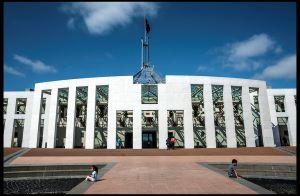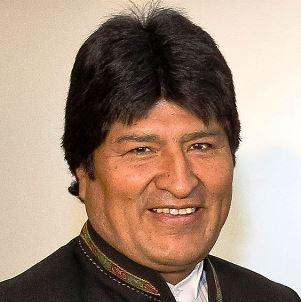
Trekking toward Mt. Everest in Nepal, where an MP has just filed a bill to legalize marijuana. (Pixabay)
FDA Approves Marijuana PTSD Study for Vets, DOJ Suspends DEA Airline Passenger Asset Forfeiture Program, More... (11/25/24)
A DEA administrative law judge is pondering a request to remove the agency as a proponent in rescheduling marijuana, a Nepalese MP has filed a bill to legalize marijuana in a country once famed for its hash, and more.








